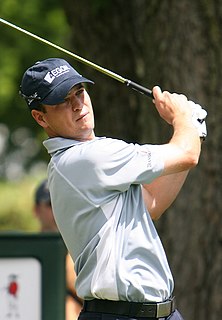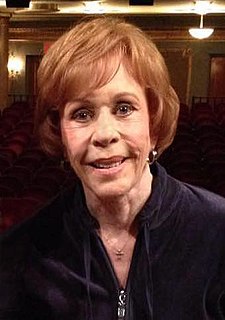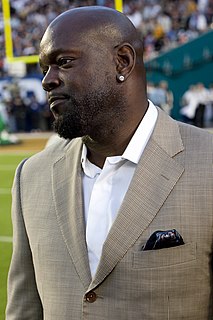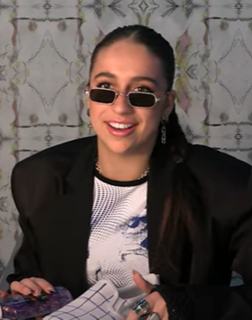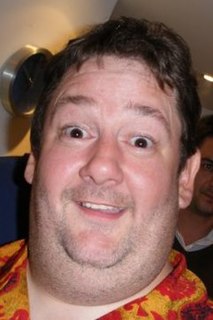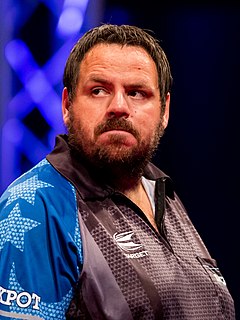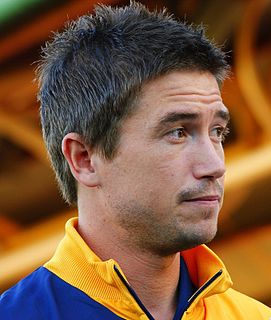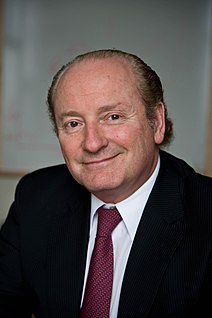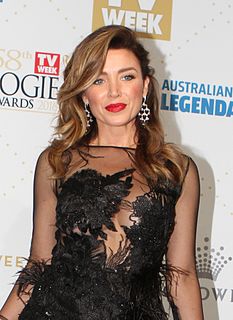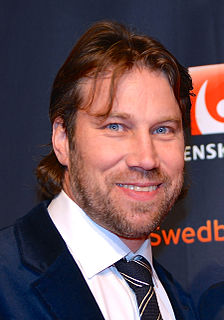A Quote by Lee Westwood
I've started to show the consistency in majors I had in regular tournaments back in 1998-2000 when I was contending nearly every week.
Quote Topics
Related Quotes
Because we're playing tournaments week in and week out I'd think to myself, 'What's the point in practising?' You have no down time to yourself and you're looking for some to spend with your family and friends. But I've now realised that with the game so cut-throat and standards going up every week, it doesn't work.
The way that 'Vampire' was born was over a lunch. We got asked to do the show. A week later, we were hired. A week later, we were writing it. The minute we handed it in, it was ordered. The minute we shot it, it was picked up. Then we started working. There was never any, like, 'OK, here's what this show is...' We had to figure it out as we went.
I ended up meeting this guy Stefan Simchowitz, who produced Requiem for a Dream and also went to AFI. I randomly met him in Cannes. By September of 2000, we had made a deal with this company that he was working with. They merged with us and in January of 2001, we opened WireImage. It was pretty crazy because I only started shooting celebrity stuff in 1998 - literally two and a half years later, I'm opening this company.

